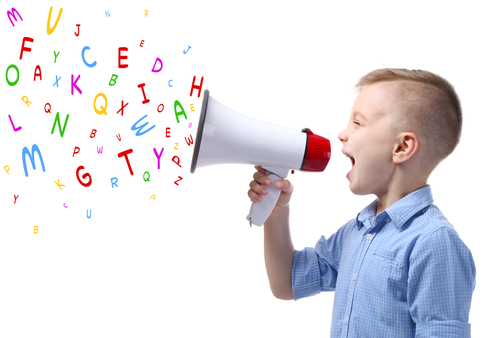
Blog

The Benefits Of Preschool For Language Development In Children
Language development is crucial in a child’s early learning years. Children need to learn to express their feelings, thoughts and problems as they grow older and begin to interact with the world around them. Developing and maintaining relationships becomes easier when a child has good language skills and language is a very useful tool that assists in learning throughout all stages of life.
Learning to use, understand and appreciate language is the first step in literacy and the basis for learning to communicate both verbally and in written form. During their early childhood education, children will be exposed to a range of tools and techniques that will help them develop their language skills and learn to express themselves effectively to their peers, teachers and family.
According to Australian experts, the best way to teach children language is to spend a lot of time talking with them about their interests and hobbies. Communication skills tend to develop slowly at first and become more effective as a child enters the age at which they will start school. In their earliest years, children will babble, wave and moan as they attempt to express themselves. At preschool, teachers will mirror children’s expression to clarify what it is they are trying to communicate.
Teachers will use many different words in many different contexts. We will explain different meanings of words to give children a rich tapestry from which to draw words from. If a child’s communication is unclear, we will attempt to discern what they mean by asking questions. For instance, if a child points at a ball, we will ask “Would you like to play with the ball?” This prompt teaches the child that the teacher is listening and will help them to develop their direct communication skills.
When we pay attention and respond to your child in these ways, it encourages them to keep communicating and developing their language skills.
During preschool, teachers will also spend a significant amount of time reading to children to help them develop their vocabularies. By reading to your children we help them hear a range of different words used in different contexts. Linking the content within a book to a child’s life helps to reinforce lessons they learn while being read to. Asking questions and forming a connection between your child and a character in a book assists them in understanding a story, which in turn helps them learn new words, phrases and behaviour.
When you read aloud with your child, you can point to words as you say them. This shows your child the link between spoken and written words, and helps your child learn that words are distinct parts of language. These are important concepts for developing literacy.
During their time at preschool, children will improve their grasp on language. They will go from expressing themselves using 2 or 3 words per sentence to more complex conversations about their emotional state and the world around them. As children’s vocabularies continue develop, you can expect some hilarious stories and questions from them. While these may seem arbitrary, continuing to listen and communicate is ever so important to helping them on their journey to language development.
